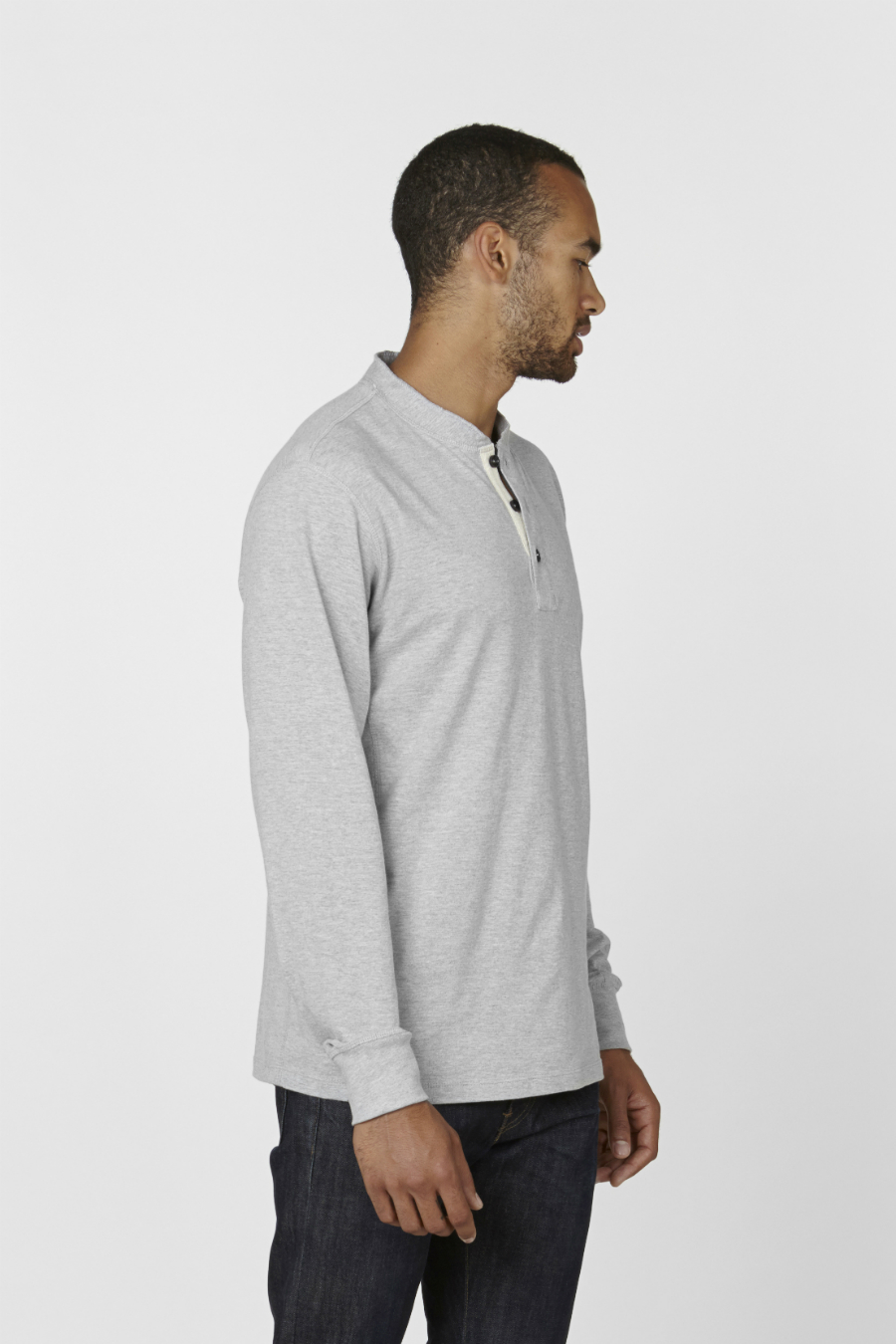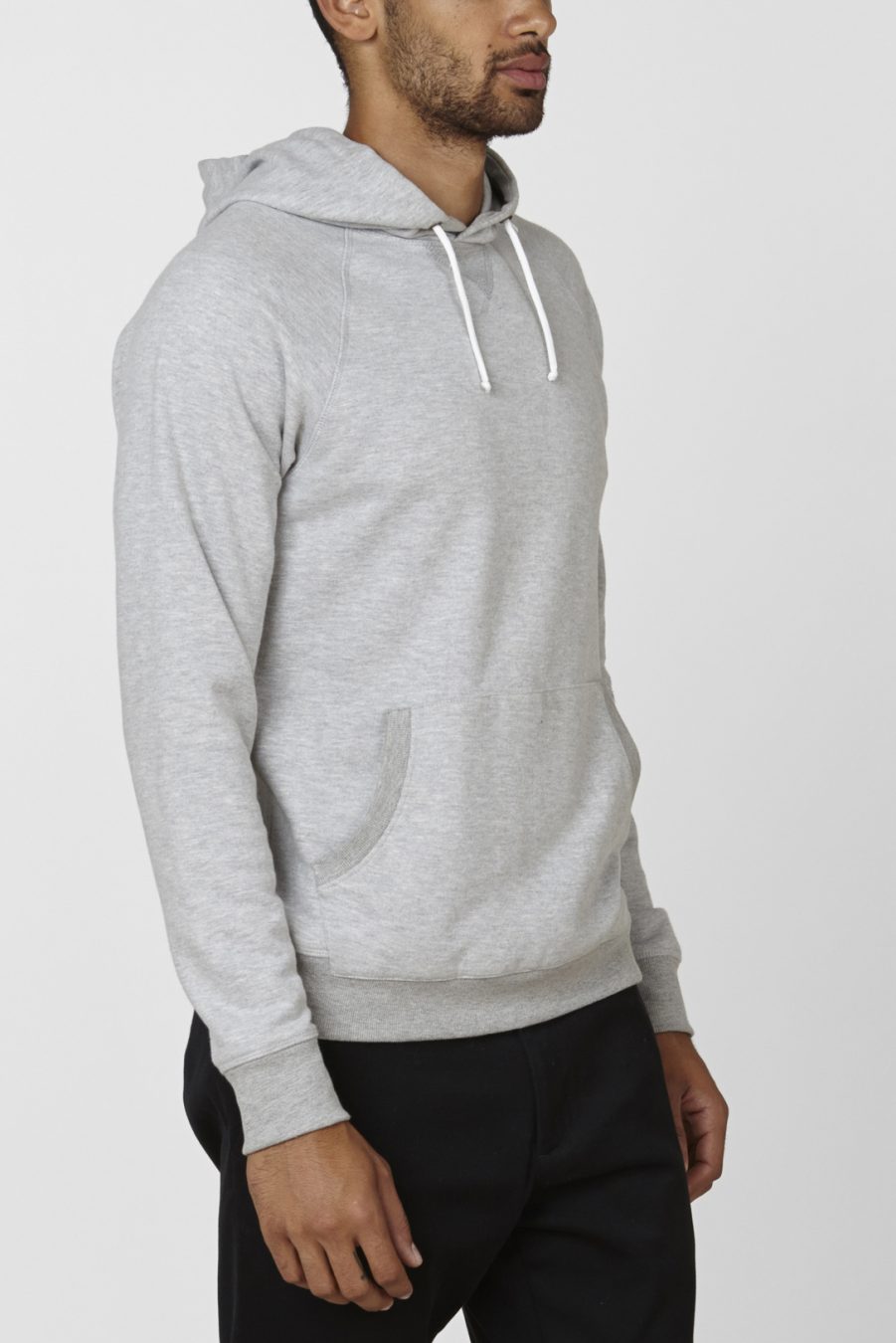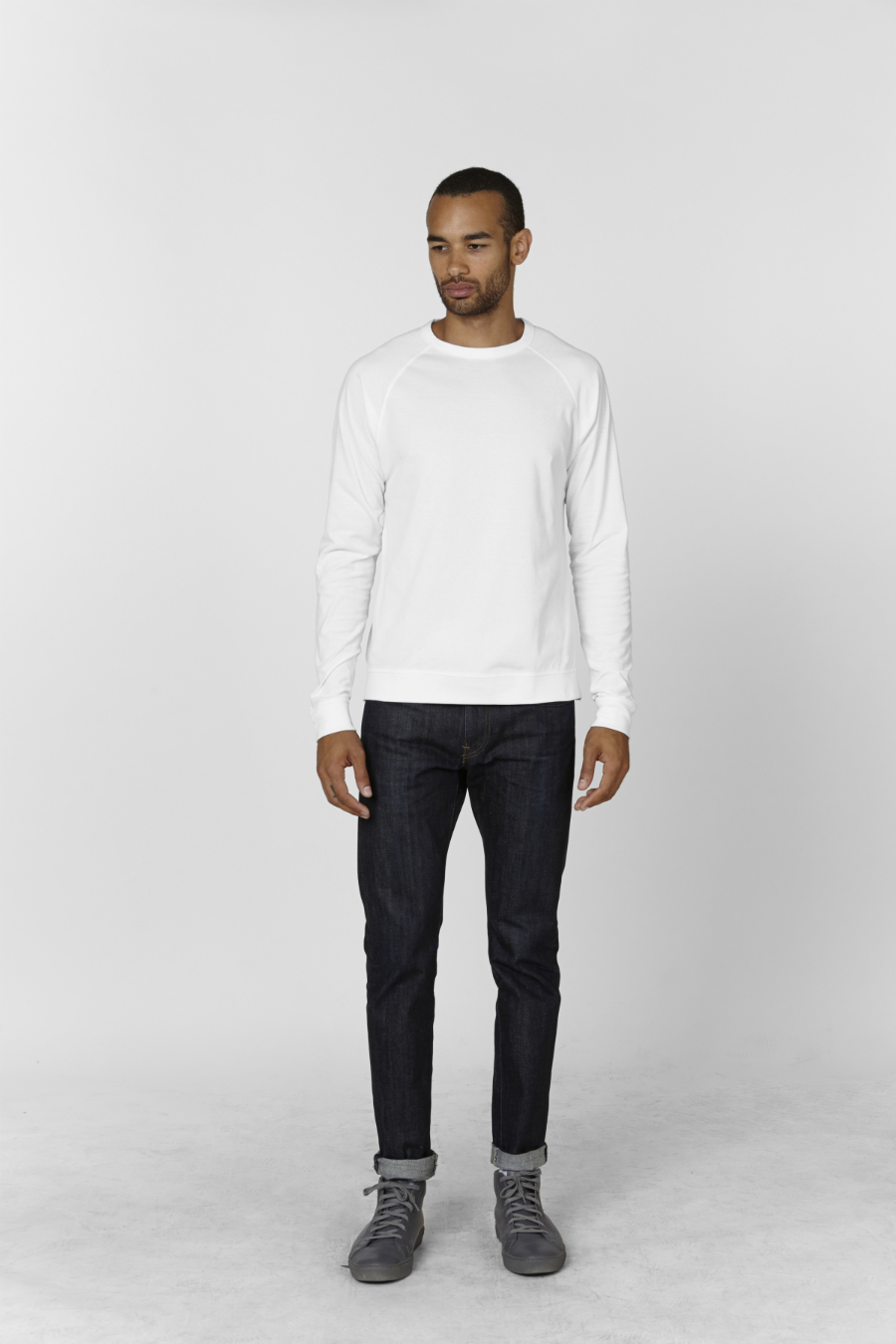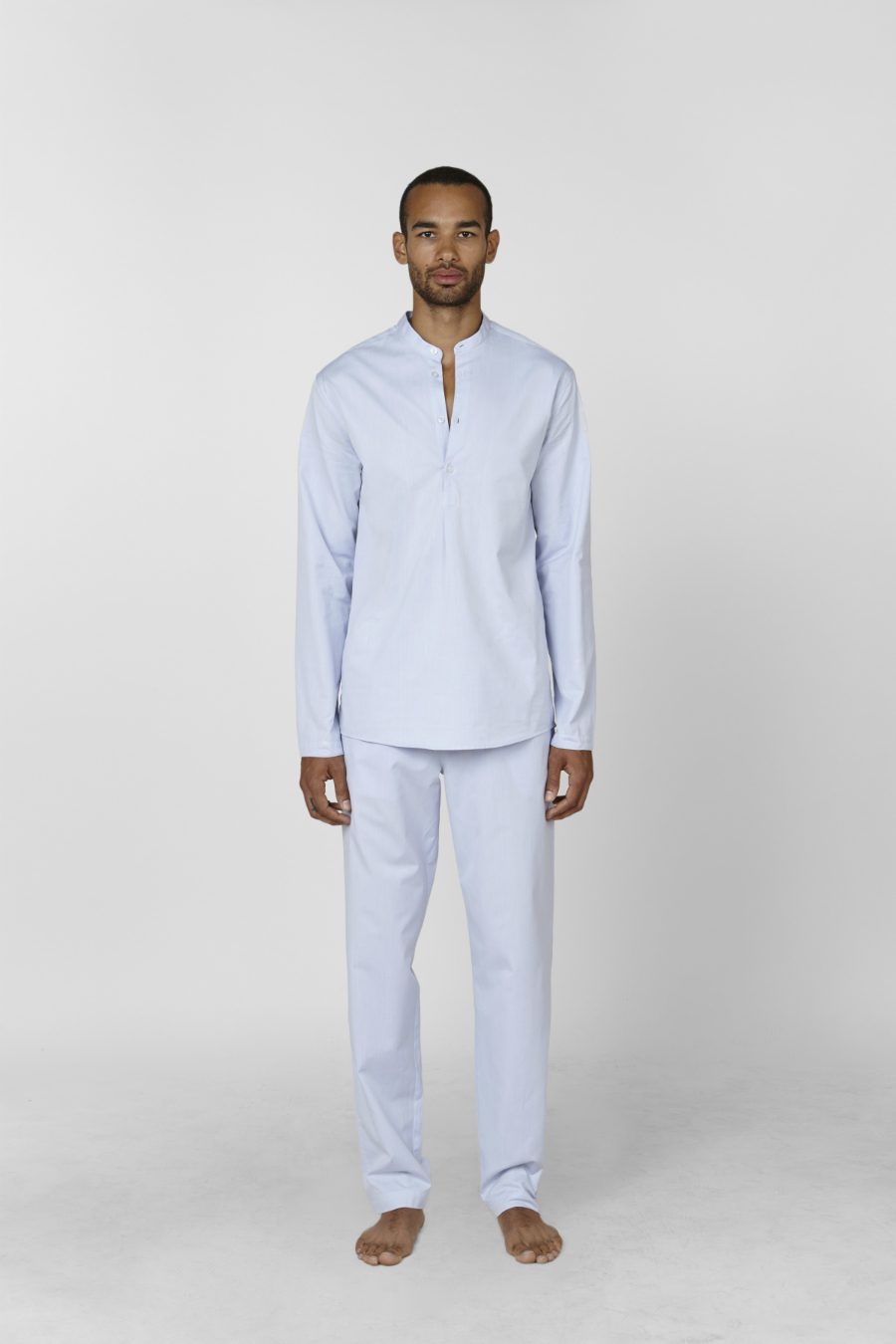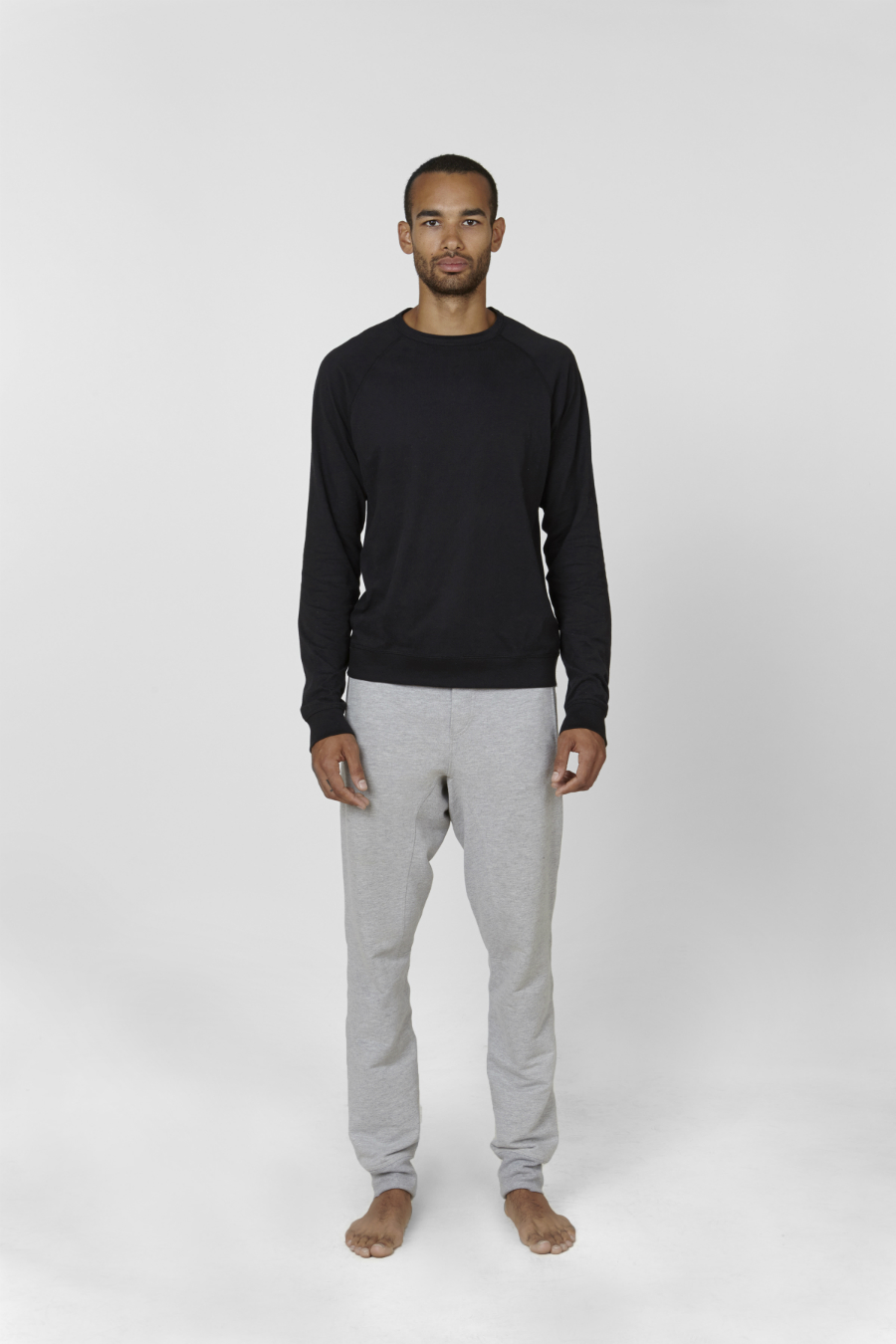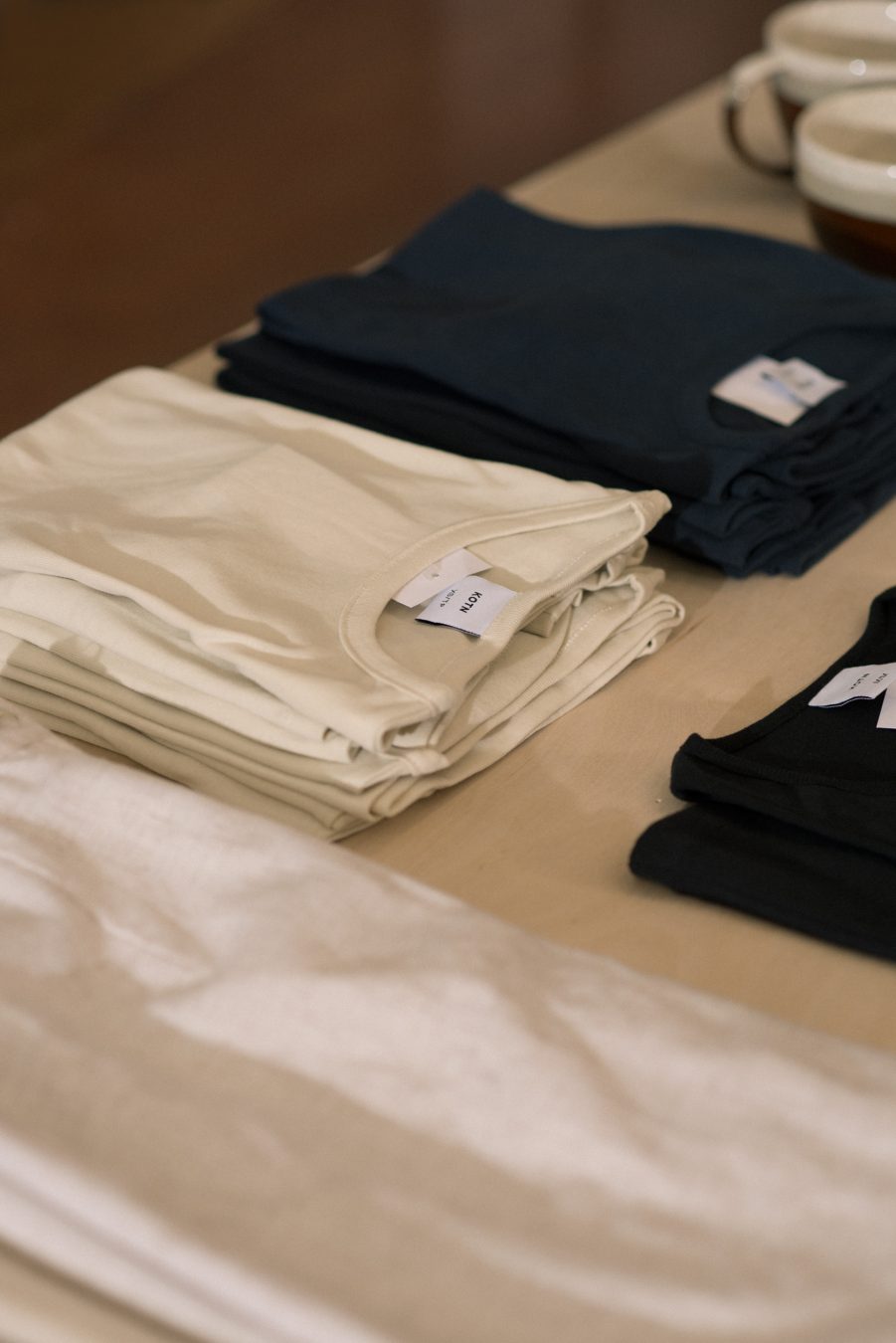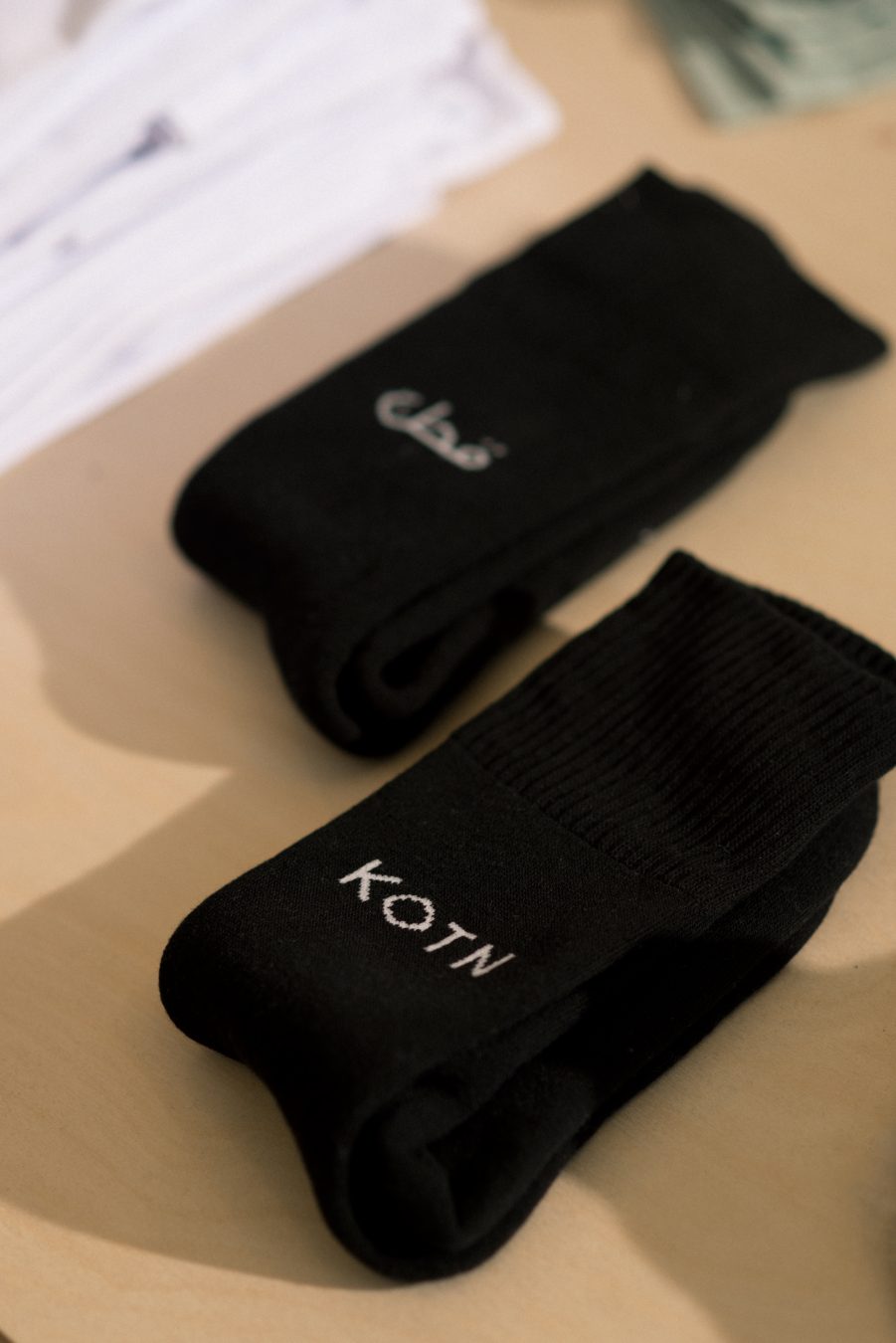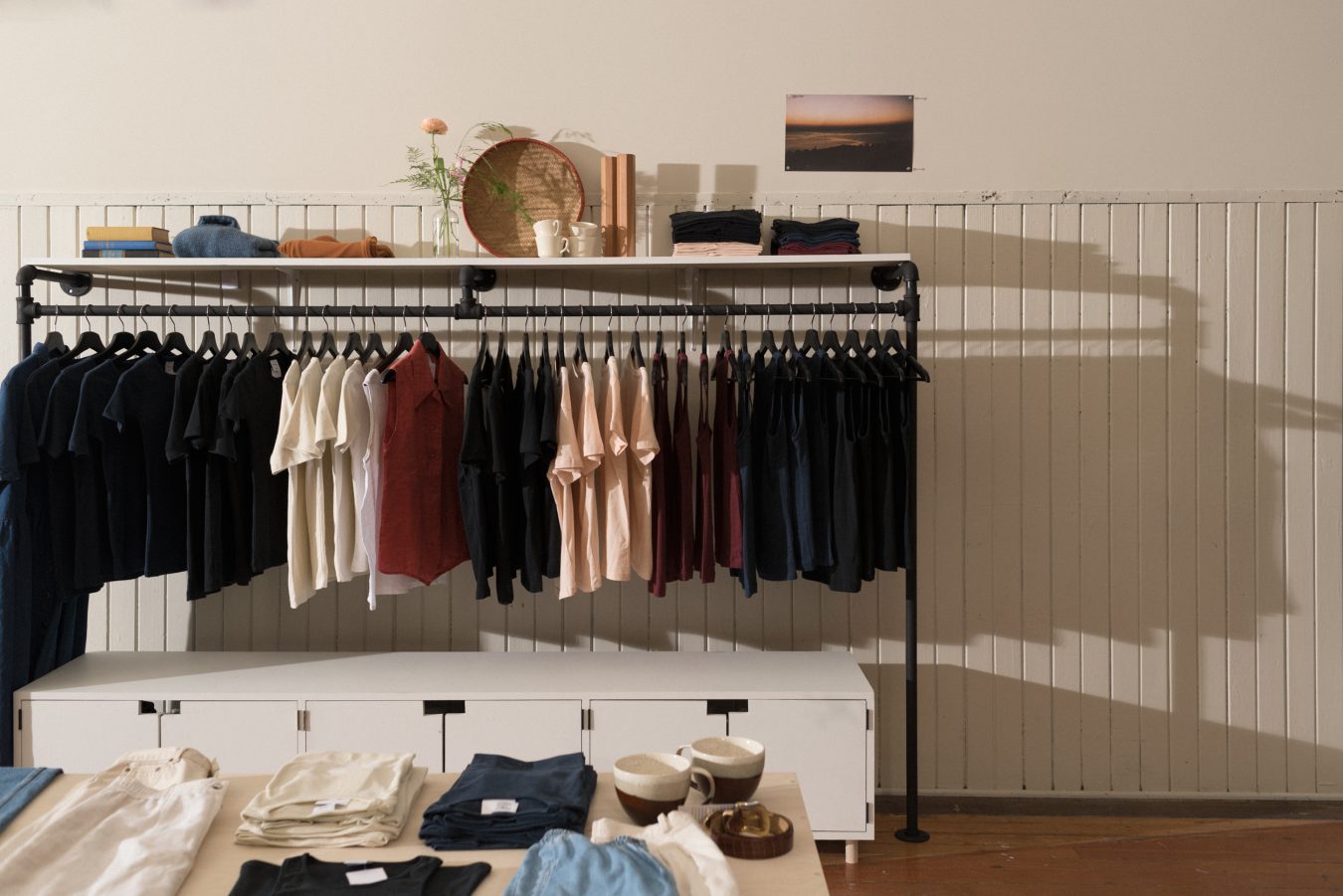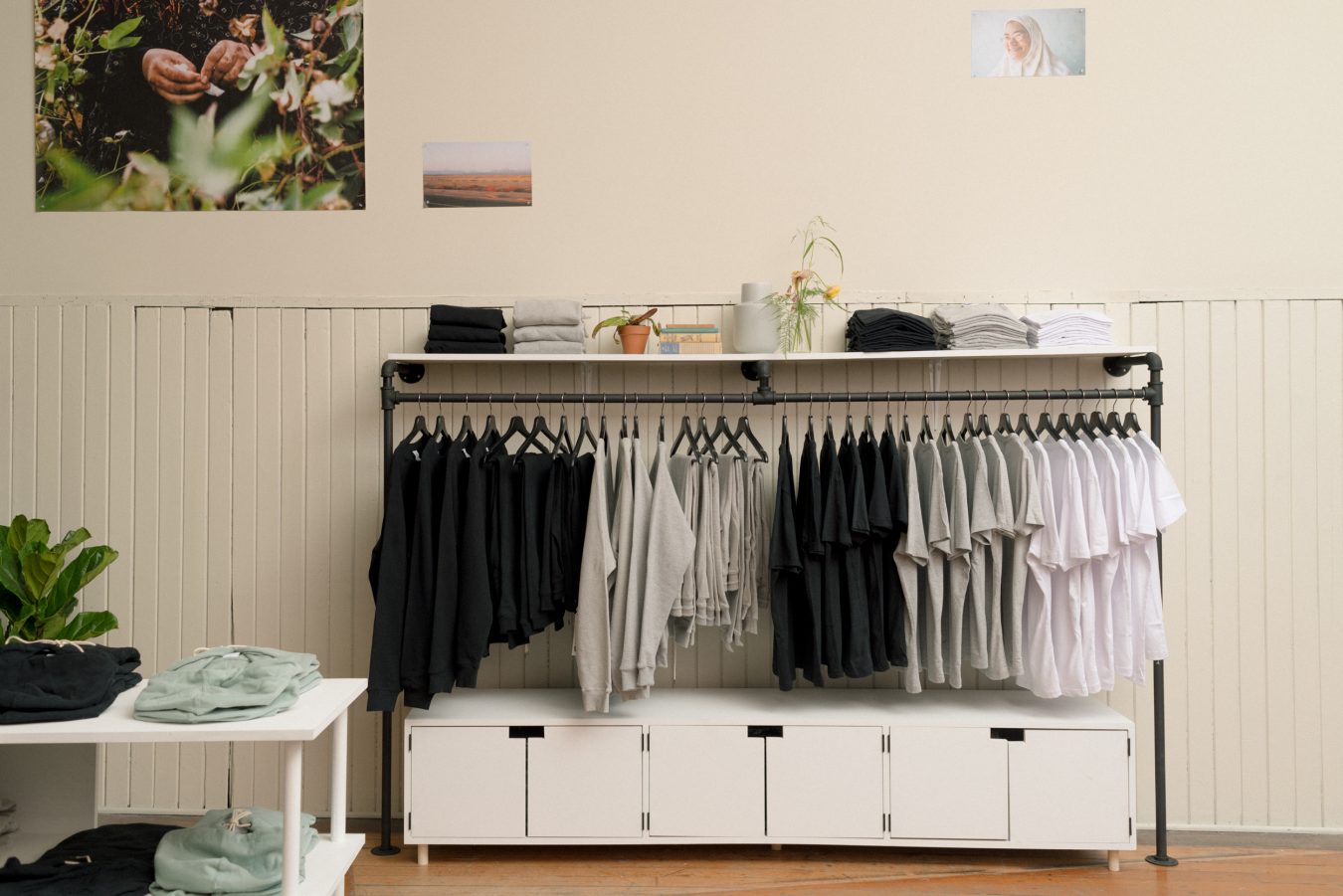Toronto-based clothing brand Kotn began as a quest to create the perfect t-shirt, but it grew into something much bigger.
When Mackenzie Yeates, Benjamin Sehl, and Rami Helali started researching Egyptian cotton, which they knew they wanted to use for their garments because of its pristine quality, they quickly learned one thing: the industry was suffering. And so, Kotn became as much about helping a struggling farm culture in Egypt as it did about creating a quality shirt at an affordable price. “Rami’s background is Egyptian,” Yeates says over the phone from Toronto. “He went out to Egypt and met with the farmers and factories, and that’s when we realized how much they were struggling to keep up with competitive prices coming out of India and Bangladesh. What was once their biggest export is now 10 per cent of what it was even in 2000. The industry has suffered a lot. That’s when we decided to work directly with the farms.”
Kotn buys all of its cotton directly from farmers in the Nile Delta region, supplying them with seeds, fertilizer, and consultants to help soften the blow of recently having lost their government subsidies. Once created, the fabric is then taken to two factories within a 100-kilometre radius of where it was grown, and turned into incredibly soft Kotn essentials: t-shirts, yes, but also long-sleeve shirts, sweatshirts, sweatpants, even men’s underwear. (There is a focus on menswear, but with 40 per cent of its clientele being female, the brand really sees itself as unisex.) “We’re trying to expand into all of your everyday essentials,” Yeates says. “Things you could potentially wear every single day that are neutral and unbranded, but of a really great quality.” The simple selection of items helps people uncomplicate their lifestyles amid leading complicated lives.
And the ethical component of Kotn means customers can feel good about their clothing, knowing that the brand owners work directly with their farmers and factories in Egypt. “We didn’t set out to create an ethical brand, we weren’t aiming to do that as our number one priority—it was just that our whole brand message and the type of products we were trying to create were about elevating the everyday lives of our customers, and we didn’t think that made sense without considering the lives of the people making the garments as well,” says Yeates, who used to work for Holt Renfrew, and helped launch the department store’s ethically-forward H Project. “I think for a lot of companies, they don’t even speak directly to their factories, nevermind the yarn mills or farms. So that was part of the reason, plus it allowed us to create a product that was really high quality and still fairly priced for our customers, because we were able to cut out all those middle men.” Yeates thinks it’s “a race to the bottom right now with fast fashion,” but hopes more brands will start to see the value in valuing their producers.
Helali introduced Yeates and Sehl to each other when they were all living in New York, and the two of them ended up falling in love. The trio has since relocated back to their hometown of Toronto, and it was shortly after Yeates and Sehl’s wedding that they travelled to Egypt—Helali too—on what Yeates calls a “workmoon”: six weeks spent meeting with their farmers and factory workers, really understanding the local community and the work they do. “It was pretty amazing to meet the people that were growing the cotton that ends up in our t-shirts,” says Yeates. If only every fashion company’s founders could say that.
UPDATE, May 2018: Kotn also now makes womenswear.
UPDATE, November 2018: Kotn has opened a Vancouver store in Gastown.

